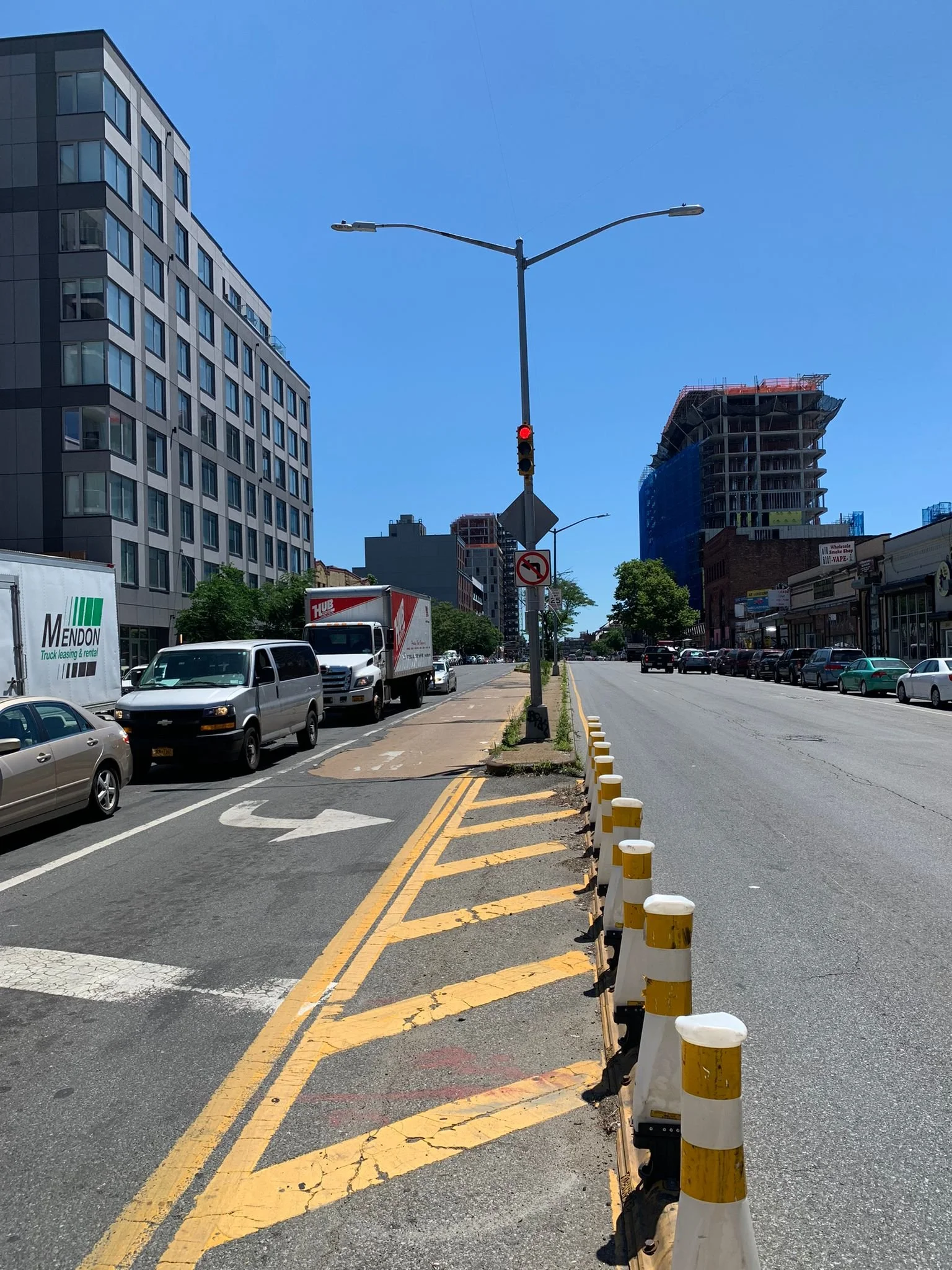Overview
My dissertation, titled “Precarious Lives in Crown Heights, Brooklyn: Dealing with Difference in a Gentrifying Neighborhood," is a multi-method study of life in contemporary Crown Heights, a central and historically resonant neighborhood in Brooklyn, New York. The empirical core of the dissertation consists of three distinct yet interrelated papers on the social landscape of the neighborhood, detailing the ways that residents both understand and navigate the complexities of discrimination, gentrification, and community.
I have been trained as a qualitative mixed methods scholar, and I hold a great deal of respect for the breadth of methodological approaches deployed by sociologists. My dissertation committee includes well-known practitioners of ethnographic methods, comparative-historical methods, and in-depth interviews. While I do not currently employ quantitative methodologies in her work, I have received the requisite training in statistics, and I anticipate deepening my proficiency in the future. As a primarily qualitative analyst, I am also looking forward to potential collaborations with scholars who specialize in quantitative methods. Generally speaking, communities are complex entities, and some sociological questions must be approached collaboratively to yield the most complete answers.
Finally, my most immediate plans post-dissertation are to convert the dissertation into a book, and to publish additional articles from the empirical materials that I have collected. In future work, I may well consider ontological precarity as it relates to processes of immigration and (re)settlement. I am interested in both comparative urban spaces and urban-rural relationships, particularly given more recent patterns of migration within the U.S. and across international borders.
Scholarship
-
[ Urbanities- Journal of Urban Ethnography] Abstract: This ethnographic study analyzes racial and religious group identity within the context of Crown Heights, a well-known neighborhood in central Brooklyn, New York. I set out to understand how residents in an area often described as rife with racial and religious tension have come to navigate instances of discrimination. Through interviews and participant-observations conducted across a six-month period, I find that social actors confronted with bias may compensate for inadequacies in institutional reporting structures by resorting what I refer to as ‘perform primordialism’. The study centers two cases, one in which an incident of bias is formally acknowledged by state actors and one in which it is not. Both serve as snapshots of the modal approaches that social actors take to navigate the harm caused by discrimination. Ultimately, the concept of ‘performative primordialism’ extends sociological discourse on interactionism in urban neighborhood settings.
-
Abstract: Throughout the last decade, autonomous tenant unions across the United States have grappled with the complexities of organizing across linguistic divides while combating gentrification and displacement. Given that non-English speaking tenants are disproportionately at risk of eviction, effective multi-lingual organizing has meaningful socio-spatial consequences in the struggle for community control of land. In 2022, a national tenant union convention coalesced tenant unions across the country with varying degrees of multilingual practices. For several unions, this highlighted the gap between their commitment to language justice in theory and in practice. This paper presents a study of language justice within two autonomous tenant unions: the Los Angeles Tenant Union (LATU), and the Tenant and Neighborhood Council (TANC). Through semi-structured interviews and participant-observation we explore the development of language justice praxis in LATU, a foundationally bilingual union, and TANC, an English-dominant union currently implementing multilingual practices. Utilizing a grounded theory approach, we offer a framework for the praxis of language justice within three interrelated dimensions: the political, the normative, and the relational. Using this framework, we explore key tensions that arise within the praxis of these two tenant unions. Ultimately, we find that the robustness of language justice within LATU is due to its integration of the three aforementioned dimensions within its central organizing strategy. These findings offer an intervention: language justice as an organizing strategy, rather than a set of practices used to augment existing organizing. Finally, we conclude with reflections on the future of language justice in the autonomous tenant movement.
[This paper is a collaborative project with scholars Zara Cadoux and Patricia Cipollitti Rodríguez, and it will soon be under review at the Radical Housing Journal]
-
[Linked here] "When it comes to public health intervention in a contagion, policing remains a primary enforcement tool. And where a health state is intertwined with carceral logics, enforcement becomes coercive; emphasis is placed on the control of movement and behavior, rather than on support and care."
Our experience in New Haven during the first few months of the COVID-19 pandemic well illuminates this, while also revealing a logic of exceptional force lying dormant in municipal health practices.
-
[Linked here] This report is the product of a multi-year collaborative effort between the Sex Workers and Allies Network (SWAN) of New Haven and the Global Health Justice Partnership of the Yale Law School and Yale School of Public Health (GHJP).

